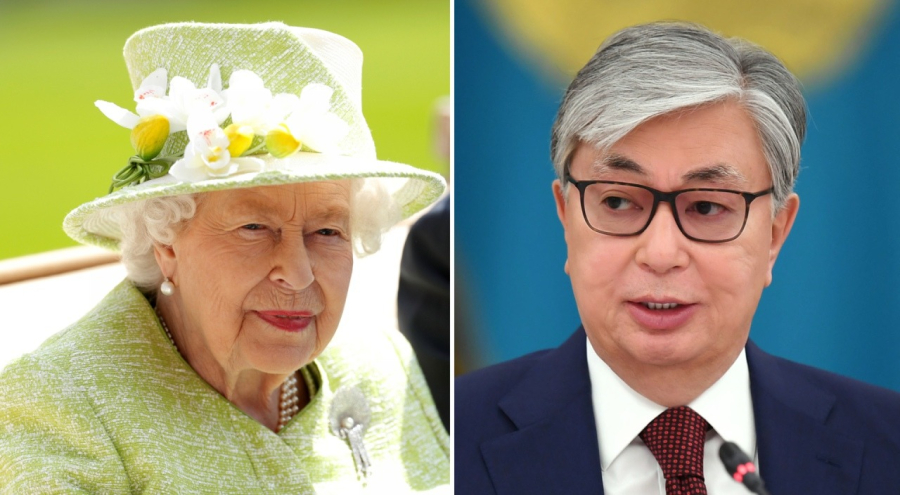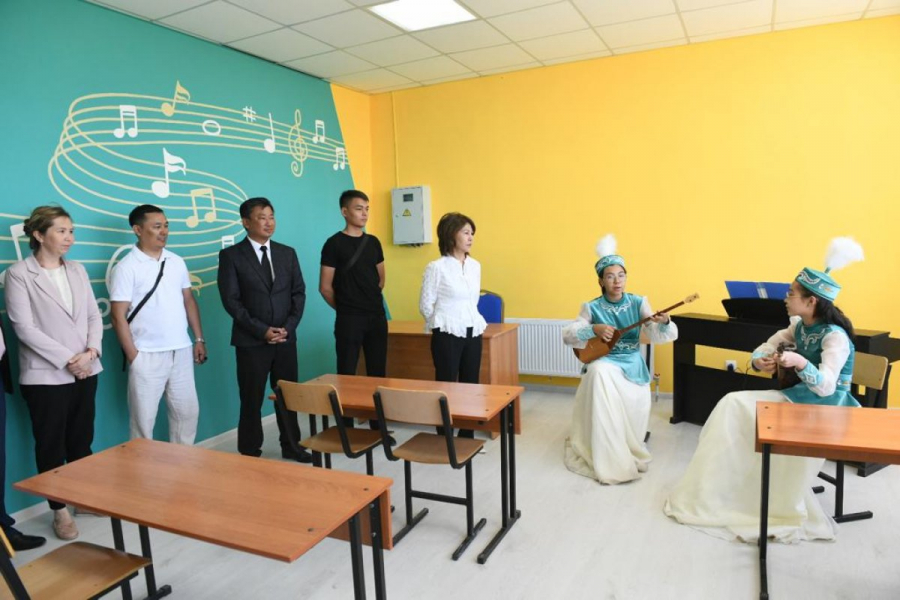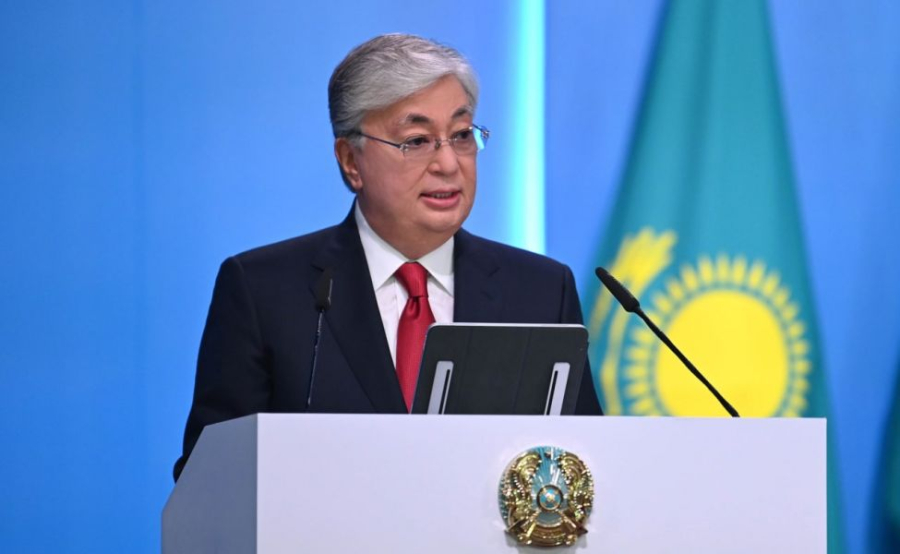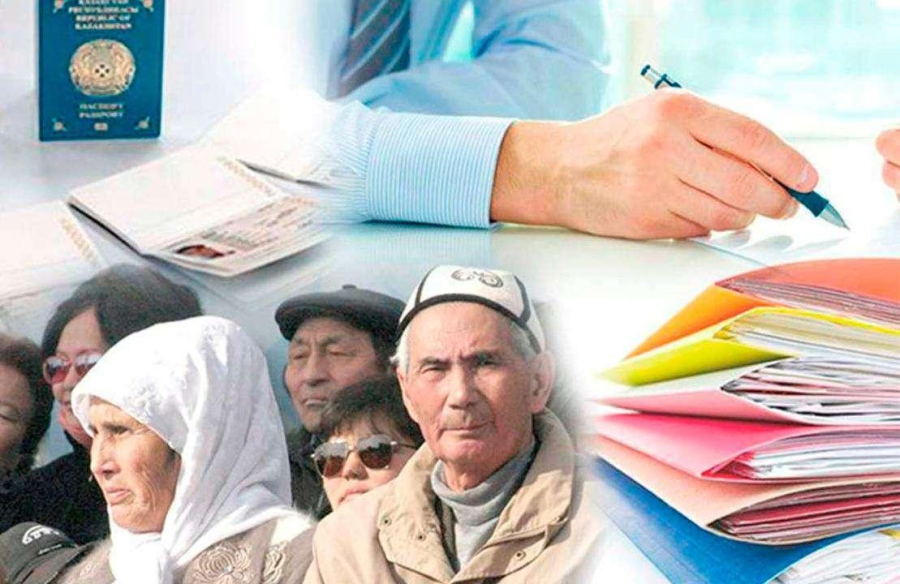
Today, Kazakhstan commemorates the most tragic events in the country’s history. May 31 marks the Day of Remembrance of Victims of Political Repression and Famine. At least two million people in Kazakhstan died from malnutrition as a result of mass collectivization and more than 100,000 people faced political repressions and persecutions, with over 20,000 of them being executed. The repressions claimed the lives of eminent Kazakh intellectuals, including scientists, researchers, and renowned cultural figures. Temirbek Zhurgenov, a brilliant member of the country's intellectual elite, was among the victims. He made an invaluable contribution to the development of Kazakh culture.
“Temirbek Zhurgenov worked closely with the Alash members, particularly with Akhmet Baitursynuly. While serving as People's Commissar of Education, Zhurgenov tasked Turmagambet Iztleuov with translating Ferdowsi's 'Shahnameh' into the Kazakh language. Under his supervision, the poetic collection of Kazakh akyns, ‘Terme’, was compiled and published for the first time. Zhurgenov played a significant role in the founding of galleries, museums, and theaters. He was the inaugural rector of the first Kazakh Pedagogical University and made a remarkable revolution in the fields of culture and education in Kazakhstan during his short but bright life of 39 years,” Bauyrzhan Imangaliyev, Associate Professor at the Gumilyov Eurasian National University, said.
Hundreds of thousands of Kazakhs were forced to leave their homeland due to the famine and persecution. Entire families had to leave everything they had and migrate to seek refuge. Many of them went to Turkey, enduring a challenging journey. One of the caravans had to cross the Himalayas, India, and Pakistan, according to historians.
“According to extant records, only 3,200 out of the 45,000 people in this caravan managed to reach India. Many of them died there due to the unbearable heat and various diseases, including the plague. Eventually, 1,200 people made it to Turkey and settled there. Other survivors remained in Pakistan,” Zhandos Boldykov, Director of the National Center of Manuscripts and Rare Books, said.
The descendants of those relocated have passed on the stories of their ancestors about the difficult times from generation to generation. The poet Zeynel Surmeli wrote profound and moving poetry about the hardships of people who were forced to leave their homeland. It bears noting that his works will soon be published in Kazakh.
“Different emotions are traced in his works vividly. In the poems, he wrote about the tragic events of that time. We specially brought his book, which is written in old Arabic script, from Istanbul. I hope that in translation I was able to convey the author’s intended meaning,” said historian Mukhametkali Baimukhanov.
It is worth noting that in 2020, President Kassym-Jomart Tokayev signed a Decree establishing a state commission for the full rehabilitation of the victims of political repression. Its purpose is to restore historical justice for all those who suffered during that tragic period.









